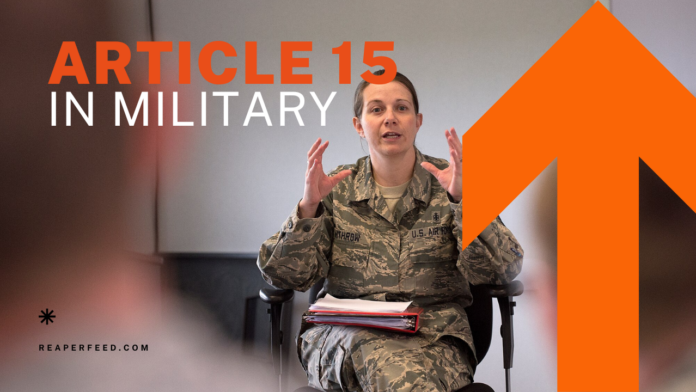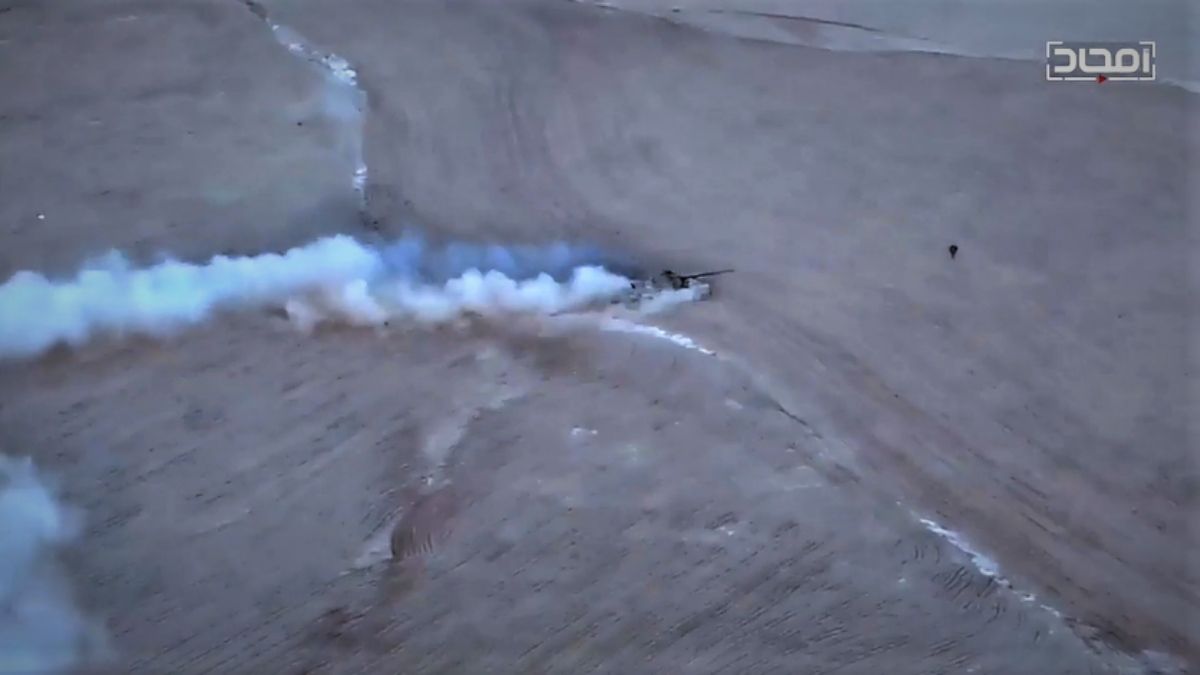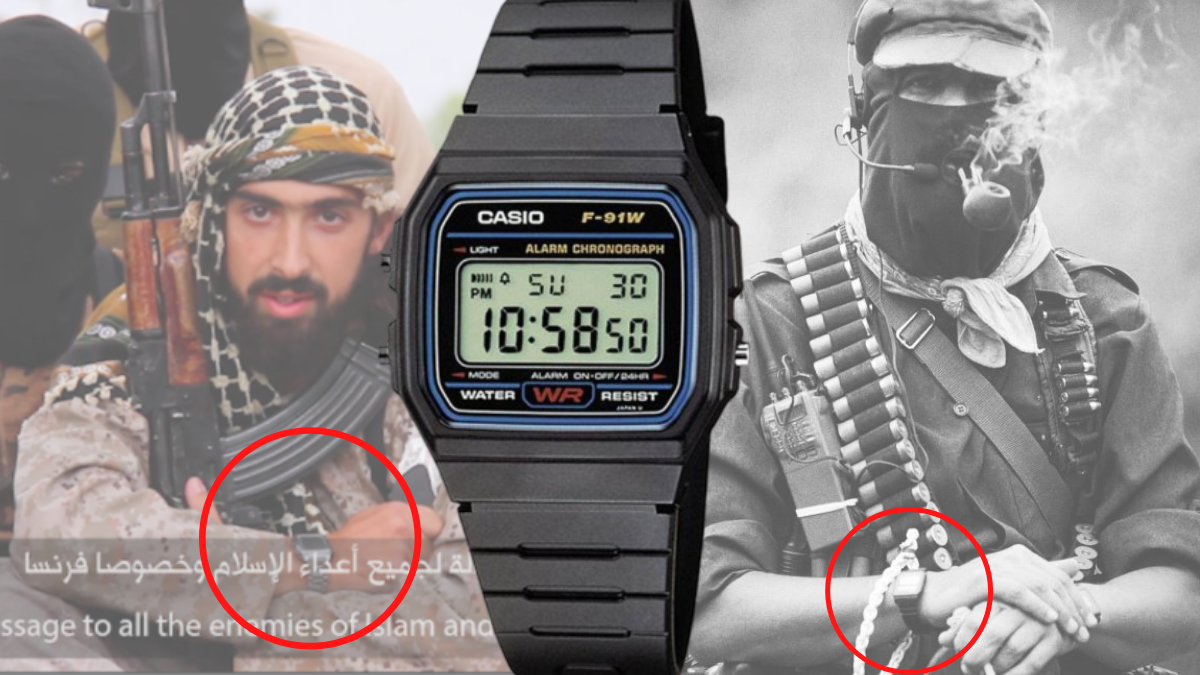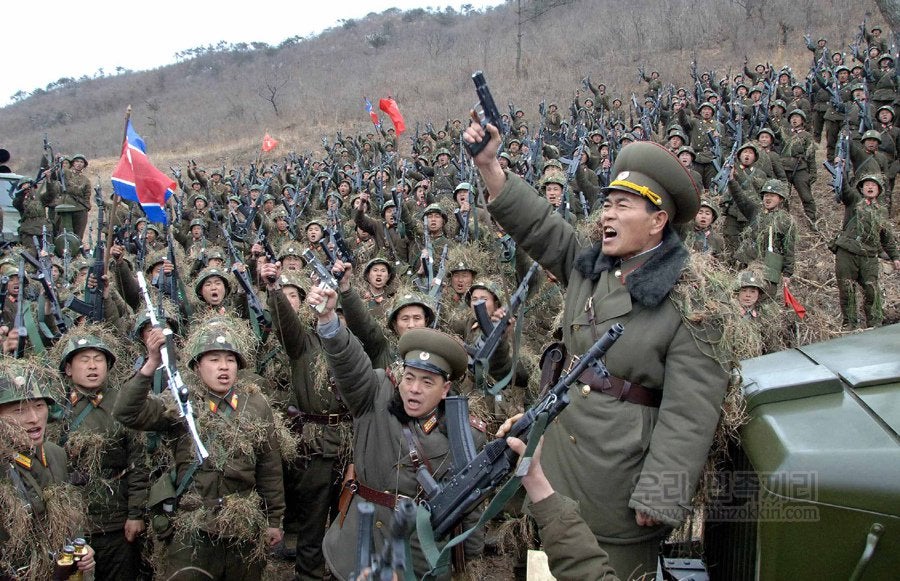Non-Judicial Punishment (NJP), also commonly referred to as Article 15 in the United States military, is a form of disciplinary action taken against service members who have committed minor offenses. It is an administrative proceeding used by commanders to address and correct misconduct without resorting to a court-martial.
Non-Judicial Punishment/Article 15
- Purpose: The primary goal of NJP is to maintain good order and discipline within the military unit and address misconduct promptly and efficiently.
- Commanding Officer’s Authority: The decision to impose NJP rests with the commanding officer or a designated officer in their absence. The process does not involve a judge or jury, and it is considered an administrative, not a criminal, procedure.
- Types of Offenses: NJP is typically used for relatively minor offenses that do not warrant a court-martial but still require disciplinary action. Examples include minor acts of misconduct, insubordination, absence without leave (AWOL), minor property damage, and other breaches of military regulations.
- Due Process: While NJP is not a court-martial, service members still have certain rights, including the right to be informed of the nature of the allegations, the right to remain silent, the right to consult with legal counsel, and the right to present evidence and witnesses in their defense.
- Punishments: If found guilty during an Article 15 proceeding, the commanding officer can impose various punishments. These may include, but are not limited to, extra duties, restriction to the military base, loss of pay, reduction in rank, and reprimands.
- Acceptance or Refusal: Service members have the option to accept or refuse NJP. If they refuse, the case may be referred to a higher-level authority, which can result in a court-martial.
- Record of Proceedings: The results of an Article 15 proceeding are documented and may be included in the service member’s military record. This information could affect promotions, assignments, and future disciplinary actions.
Standard maximum sanctions for enlisted soldiers under Article 15 are as follows.
Article 15 (Field Grade) (Assigned by a Major or Lieutenant Commander)
- Limit of 60 days; 45 days if paired with additional service.
- Forced labor: 45 days
- Pay reduction of one-half for two months
- Grade Decrease: Any employee with a grade of E-4 or below can be demoted to E-1, and any employee with a grade of E-5 or E-6 can be demoted one pay grade if the officer delivering the punishment has the power to promote to those levels. Discounts for positions E-7 and above are service-specific.
Company Article 15 Promotions (O-3 Captain or Lieutenant Promotions)
- Temporary cap of 14 days
- 14 days of overtime
- Seven days of salary will be lost.
- If your current grade is E-4 or lower, you may be eligible for a downgrade. There will be no pay cut for those at the E-5 level or above.
Again, the application of these regulations and other constraints placed on imposing commanders may vary by service. Article 15 offenses committed by officers have a range of potential punishments, and any subsequent administrative proceedings taken against the offending officer may have far-reaching consequences.
In extreme cases, a commanding officer may “suspend” the penalty. He or she has this option for all or part of the penalty. If a commander decides to put off enforcing your sentence, they will choose one for you but not carry it out. The leader will provide the member with a time frame within which to demonstrate to them that they have learned from their mistakes and will not repeat them.
After that time has passed with no more infractions, the member’s penalty will be lifted. However, the suspension will be immediately removed and the full punishment would be given as determined upon if any subsequent misconduct (even very minor misconduct) occurs during the period of suspension. Punishments that have not been suspended can begin after guilt has been established, but they can also be put on hold for any number of reasons.













